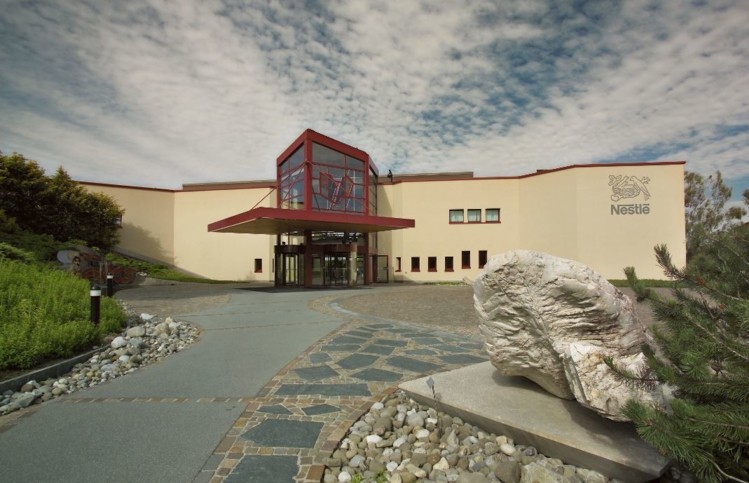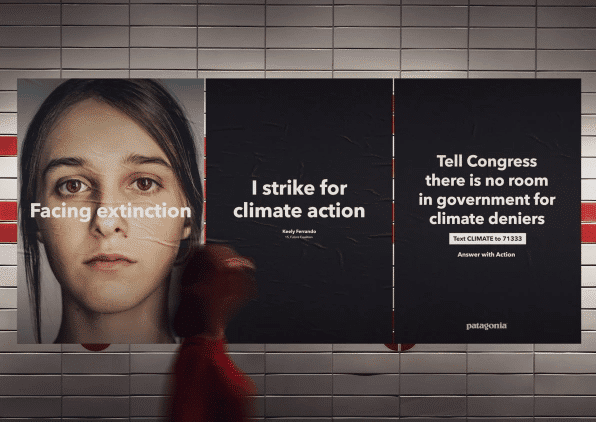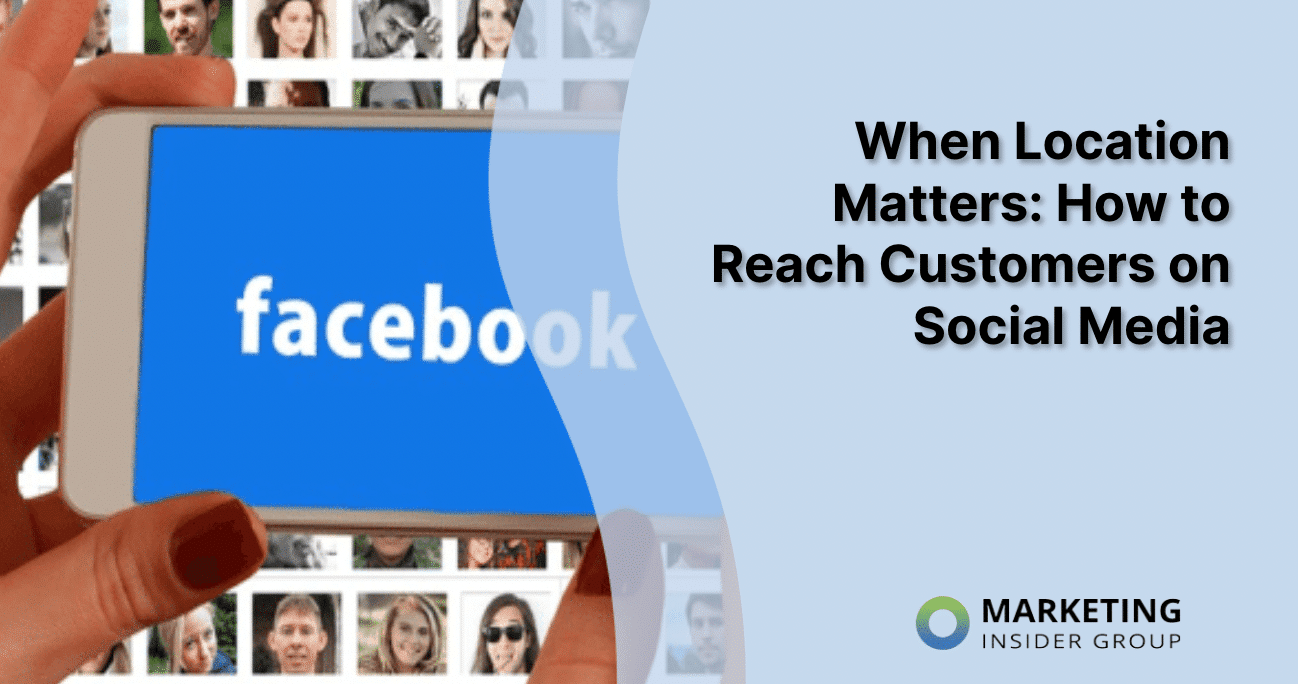
Want Gen Z Customers? Be Like Gen Z
If you’ve read the news lately, you’ve come across Greta Thunberg’s name. Since skipping school to protest at Sweden’s parliament building in 2018, the 16-year-old Swedish climate activist represents the teen-led climate strike movement.
Thanks to Thunberg and the millions she’s inspired, it’s become clear that young people view climate change as a defining issue of their generation. What’s less clear is how their demands will be enacted.
What am I getting at? What does this have to do with your business?
The Changing Corporate Climate
Over the years, governments have taken a number of measures to address climate change, though with varying degrees of commitment. Many global corporations have also pledged to take action; some have delivered. It’s fair to say that progress has been made. But it’s also true that up to this point, it’s been only enough to appease shareholders. Corporations have always existed to drive shareholder value, after all, and corporate responsibility initiatives preserve their ability to do that.
This year, however, scores of business leaders met as a part of the Business Roundtable to redefine the purpose of a corporation. In the wake of this meeting, they made it clear that shareholder primacy will no longer be prioritized. They agreed instead that corporations exist to improve the lives of all stakeholders, not just shareholders.
This monumental shift in corporate philosophy is both unprecedented and imperative, as the rise of conscious consumerism has forced many businesses to change their destructive ways or risk losing customers. Business leaders know that the teenagers rallying behind Thunberg are the same ones who will drive consumer spending in the years to come. It’s clear that Generation Z expects more than a surface-level commitment to corporate responsibility and brand purpose.
Gen Z is different from its predecessors in one important way. “Like every generation, Gen Z wants happiness and success, but more than previous generations, it views buying power as a key vehicle for activism,” notes Linda Ingersoll, chief engagement strategist at Dun & Bradstreet’s MDR education division. In addition to great products and services, brands have to deliver progress.
How do companies deliver on brand purpose, then?
For Gen Z, brand purpose is about more than marketing, though marketers will play a big role in communicating how brands are delivering on company purpose. Here are three tactics that savvy marketers can use to do that:
1. Show Solidarity
Unlike older generations, members of Gen Z view issues like climate change in black-and-white terms. To them, it’s no longer acceptable for brands to tiptoe around issues. Brand marketers trying to appeal to younger consumers can’t be afraid to commit to taking a stance. If you’re not in the ring fighting alongside these teens, you’re in the way.
Allstate, for example, has shown its willingness to help Gen Z make a positive impact through its sponsorships. The insurance company is a corporate sponsor of We Day, an event celebrating young people who are changing their communities for the better and inspiring others to do the same. We Day isn’t a protest; it’s a celebration, and its results indicate it’s a meaningful one. According to social impact consulting firm Mission Management, 80% of participants volunteer more than 150 hours annually after attending We Day, and even more give to charities. That’s making an impact.

2. Right the Wrongs
In the pursuit of profits, many companies have made mistakes. Those that want to appeal to the next generation can’t overlook those errors. Instead, brands should take ownership of what they haven’t gotten right and use their marketing dollars to prove their commitment to making the world better.
Nestlé is one of the world’s largest consumer packaged goods companies and also one of its biggest plastic polluters. In an attempt to balance the bad with good, the company recently established the Institute of Packaging Sciences, an investment in research and development related to sustainable packaging. The company’s stated goal is to make 100% of its packaging recyclable or reusable by 2025. The outcome of this initiative could prove vital to its success as a company moving forward.

3. Make More Than Ads
Gen Z has established a clear mandate for modern brands: Act — don’t just advertise. Last year, Nike sparked a heated national discourse when it featured controversial social rights activist and ex-NFL quarterback Colin Kaepernick in a national TV ad. The spot generated revenue for Nike, but the company hasn’t followed it up with meaningful initiatives. “Too many brands, before and since the Nike ad, have mistaken taking a stand on something in an ad as a substitute for actually taking a stand on something,” observes Jeff Beer, staff editor at Fast Company.
In contrast, Patagonia has garnered a reputation for being committed to environmental stewardship. The outdoor outfitter used some of its advertising budget to help teens raise awareness for Climate Week, even going so far as to close its stores and offices to protest with Thunberg and her fellow activists on Sept. 20. By giving members of Gen Z a platform for sharing their voice and backing the message with action, the company has shown it’s an ally, not just an advertiser.

Join Them!
Gen Z is putting new demands on modern brands. Those that hope to survive must show a willingness to stand alongside the next generation of consumers — serving more than shareholders and delivering on a greater brand purpose. The members of this generation are fearless and uncompromising. If you want their business, you have to be like them.






